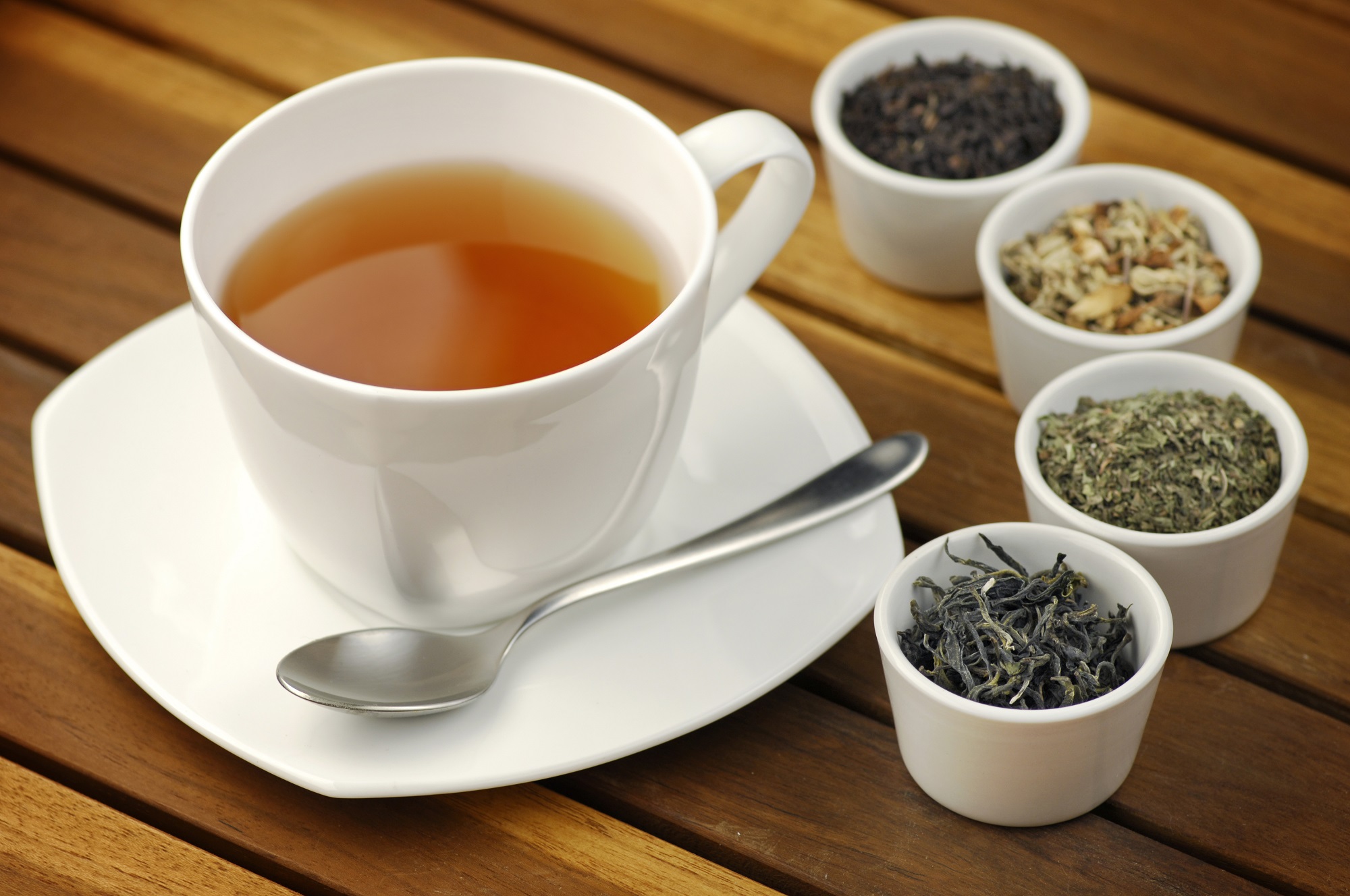- There is a common belief that consuming tea can lead to dehydration due to its diuretic properties. However, in this comprehensive guide, we will explore the topic of whether tea actually dehydrates you or not. We will examine the effects of tea on hydration levels, the diuretic properties of tea, and how to incorporate tea into a healthy hydration routine.
- Firstly, it is important to understand that tea, whether it’s black, green, herbal, or any other variety, is primarily composed of water. Water is a vital component for maintaining hydration in the body, and consuming fluids is crucial for staying properly hydrated.
- While tea does have a mild diuretic effect, meaning it increases urine production, the overall impact on hydration levels is minimal. The diuretic effect of tea is primarily due to the presence of caffeine, a natural stimulant found in varying amounts in different types of tea. Caffeine stimulates the kidneys to produce more urine, which can potentially lead to increased fluid loss.
- However, the diuretic effect of tea is relatively mild and does not outweigh its hydrating properties. Studies have shown that the water content in tea more than compensates for the minimal increase in urine production. In fact, the hydration provided by tea is comparable to drinking an equivalent amount of water.
- Moreover, the diuretic effect of tea is less pronounced in regular tea drinkers who have developed a tolerance to the effects of caffeine. Their bodies adapt to the presence of caffeine, resulting in a reduced diuretic response.
- It’s important to note that the diuretic effect of tea varies depending on the caffeine content. For instance, black and green teas typically contain higher levels of caffeine compared to herbal teas. Therefore, the potential diuretic effect may be more significant in caffeinated teas.
To further ensure adequate hydration while consuming tea, it is advisable to follow a few guidelines:
- Balance Tea Intake with Water: While tea can contribute to your overall fluid intake, it is still beneficial to consume plain water throughout the day. Aim for a balance between tea and water consumption to maintain proper hydration.
- Consider Herbal and Decaffeinated Teas: Herbal teas, such as chamomile, peppermint, or rooibos, are naturally caffeine-free and have no diuretic effect. Decaffeinated versions of black or green tea also have reduced caffeine content and, therefore, a milder diuretic effect.
- Stay Mindful of Personal Sensitivity: Individual responses to caffeine can vary. If you notice that certain types of tea affect your hydration levels or increase your urge to urinate excessively, consider adjusting your consumption or opting for alternatives with lower caffeine content.
- Listen to Your Body: Pay attention to your body’s thirst signals and drink fluids accordingly. If you feel thirsty, reach for a hydrating beverage, including tea, to replenish your fluids.
- Overall, tea does not significantly contribute to dehydration. While it does have mild diuretic properties due to its caffeine content, the water content in tea counteracts the potential fluid loss. As part of a balanced diet and hydration routine, tea can be included as a refreshing and hydrating beverage. Be mindful of personal sensitivity to caffeine and adjust consumption accordingly. Remember, maintaining proper hydration involves a combination of various fluids, including water, and listening to your body’s needs.
Latest posts by Barbara Barbara (see all)
- The Comprehensive Guide to the Benefits of Lion’s Mane Functional Mushrooms - October 24, 2023
- The Comprehensive Guide to the Benefits of Oat Straw Nootropics - October 24, 2023
- The Comprehensive Guide to the Benefits of Coleus barbatus Nootropics - October 24, 2023

